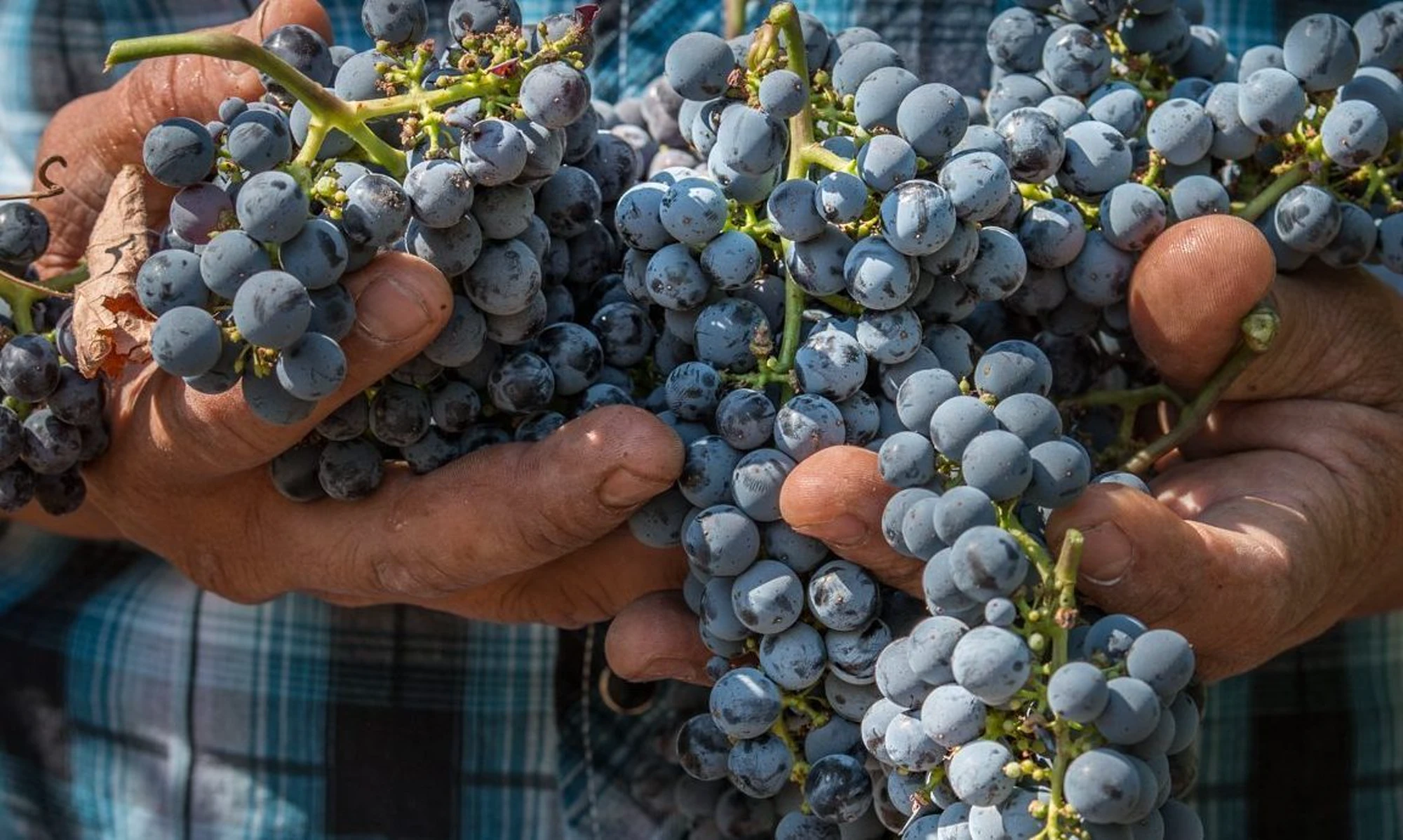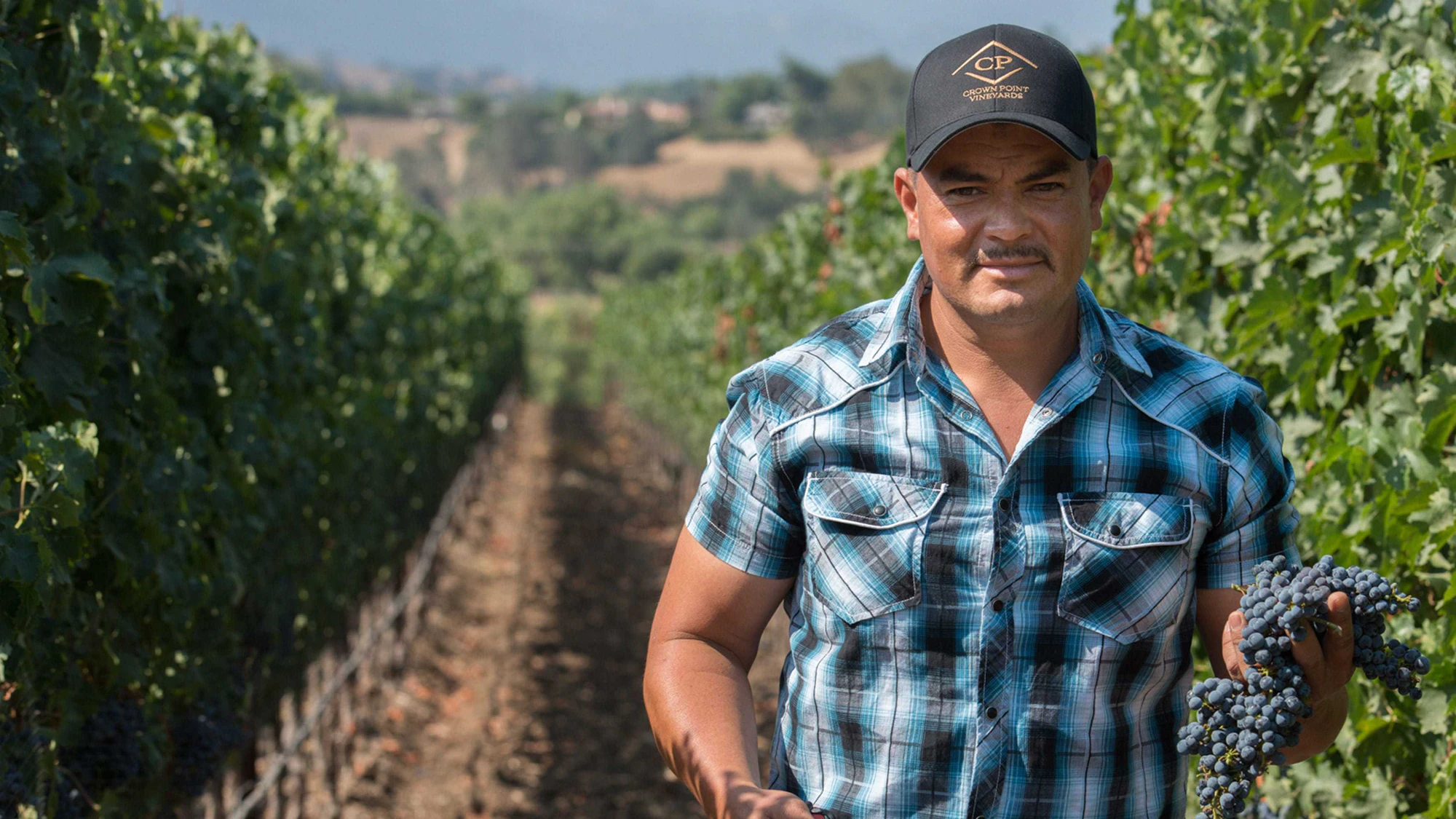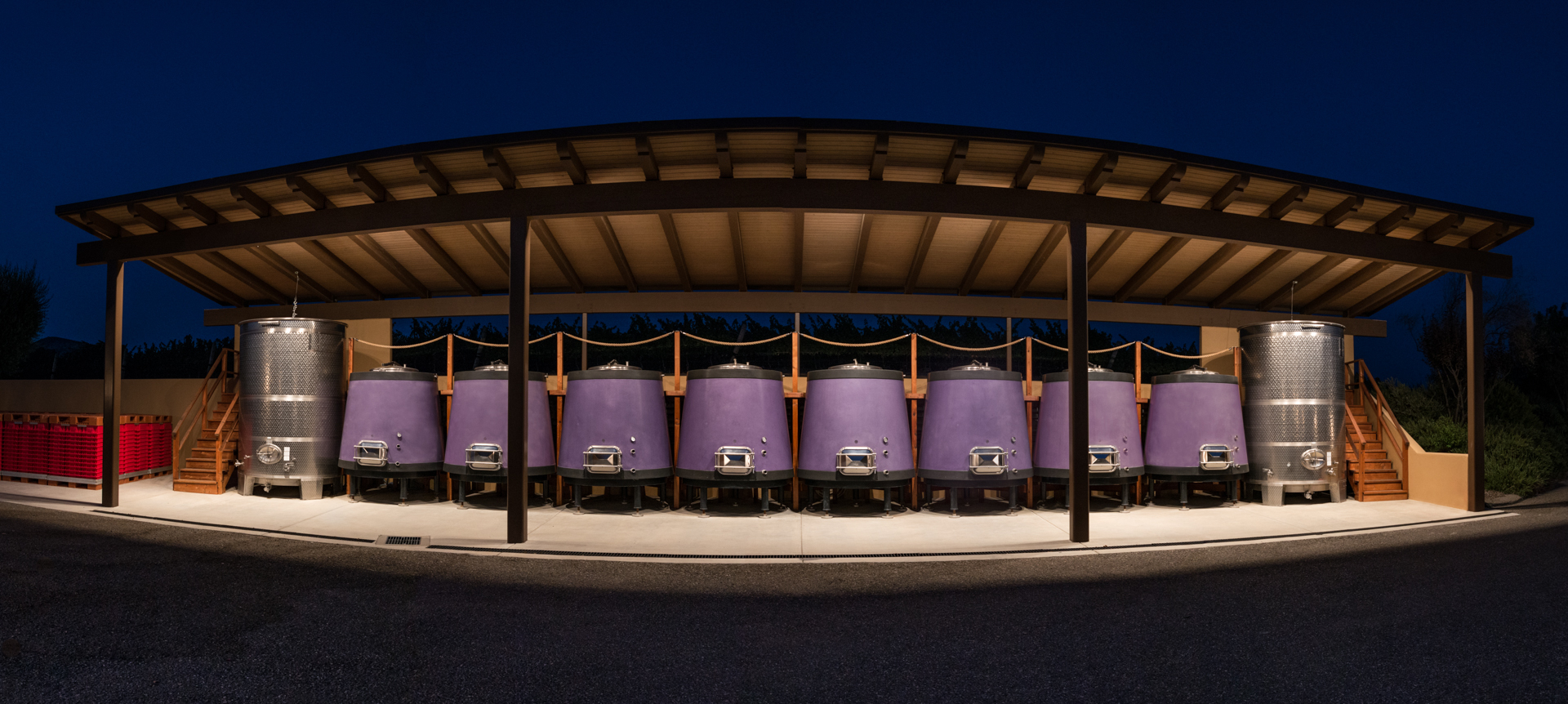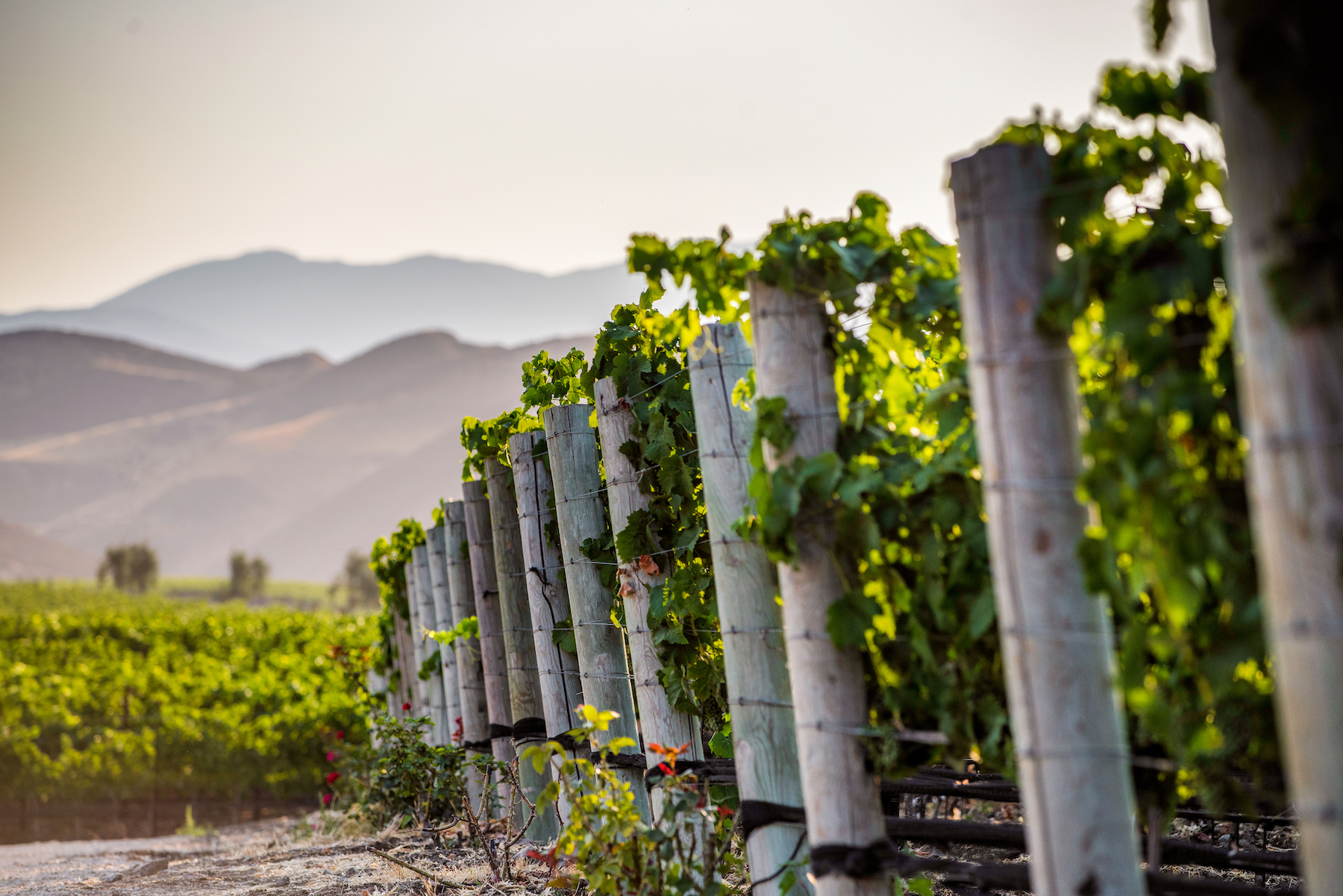Juve Buenrostro: Vineyard Manager of Crown Point Vineyards
We recently had the opportunity to sit down with our Vineyard Manager here at Crown Point Vineyards, Juve Buenrostro. He shared with us key insights about our terroir, wines, farming practices, and his journey. Read on to learn more!
How did you start working in vineyard management?
I began my career in vineyard management as a field worker and as a tractor driver. I essentially started learning all the processes and details by doing. Through these efforts, I was fortunate to be promoted and was later hired by Coastal Vineyard Care in 2002 as a part-time employee, moving to full-time two years later. Ten years later, I was introduced to Roger Bower, right as he purchased the Crown Point estate, and was brought on to lead a dedicated vineyard team for the property. I have been with Crown Point since the beginning and plan to be a part of Crown Point’s future.
How have farming practices changed over the 20 years you have worked in Happy Canyon?
As farmers, we all know purity and quality start in the vineyard. Today, there are improved farming practices that result in better quality fruit and meticulous standards for the vineyard and winery teams. These improvements have led to producing higher quality estate wines.
What do you believe is the most important aspect of managing the vineyard at Crown Point?
At Crown Point, we focus on soil and growing conditions, combined with passion from the team, to achieve the best quality fruit with a special focus on each individual block at the highest quality farming. It is important that we adjust our farming techniques specific to each individual block and season.
At the beginning of every winter at Crown Point, the vineyards are planted with a cover crop that is specifically tailored to the unique and varied soil types of the property. The purpose of propagating a healthy cover crop is to address cultural issues in the vineyard, such as protection from soil erosion while building soil structure and organic matter, as well as improving the overall soil quality. A cover crop featuring a well suited “plant palette” can help manage water, weeds, pests, disease, biodiversity, and wildlife in a vineyard or any agroecosystem.
In the spring, the cover crop is cut, allowed to wilt, and then tilled back into the soil. The fixed nitrogen from plants, which is essential for vine health and growth, is then released to fertilize the soil and provide energy to the vines that are undergoing bud break.
In the summer, the vineyard team focuses on canopy management and leafing to encourage the best fruit possible.
In the fall, we harvest the fruits of our labor.
Even though every vintage is different, our goal is the same: to produce the best wine possible from the estate-grown fruit.
How does Philippe Melka support managing the vineyard at Crown Point?
During Philippe Melka’s visits to Crown Point, he personally checks the development of our vineyard blocks and will always exchange ideas with the vineyard and winemaking teams. He always provides new techniques and insights so as a team, we can keep achieving the best possible results.
How do Crown Point’s vineyard management practices, tools, and philosophy differ from other winegrowers?
Crown Point focuses on vine spacing, density, rootstock, and cloning, which all of these factors play a crucial role in the final fruit quality. Our high-density farming, special shoot positioning, and other farming techniques are all completed by hand and special leafing to ensure adequate airflow and sun exposure.
Thanks, Juve for your incredible dedication to Crown Point. Because of your team’s passion, we are able to ensure high-quality Estate fruit every vintage. Visit Crown Point Vineyards to experience high-quality and terroir-driven wines.



